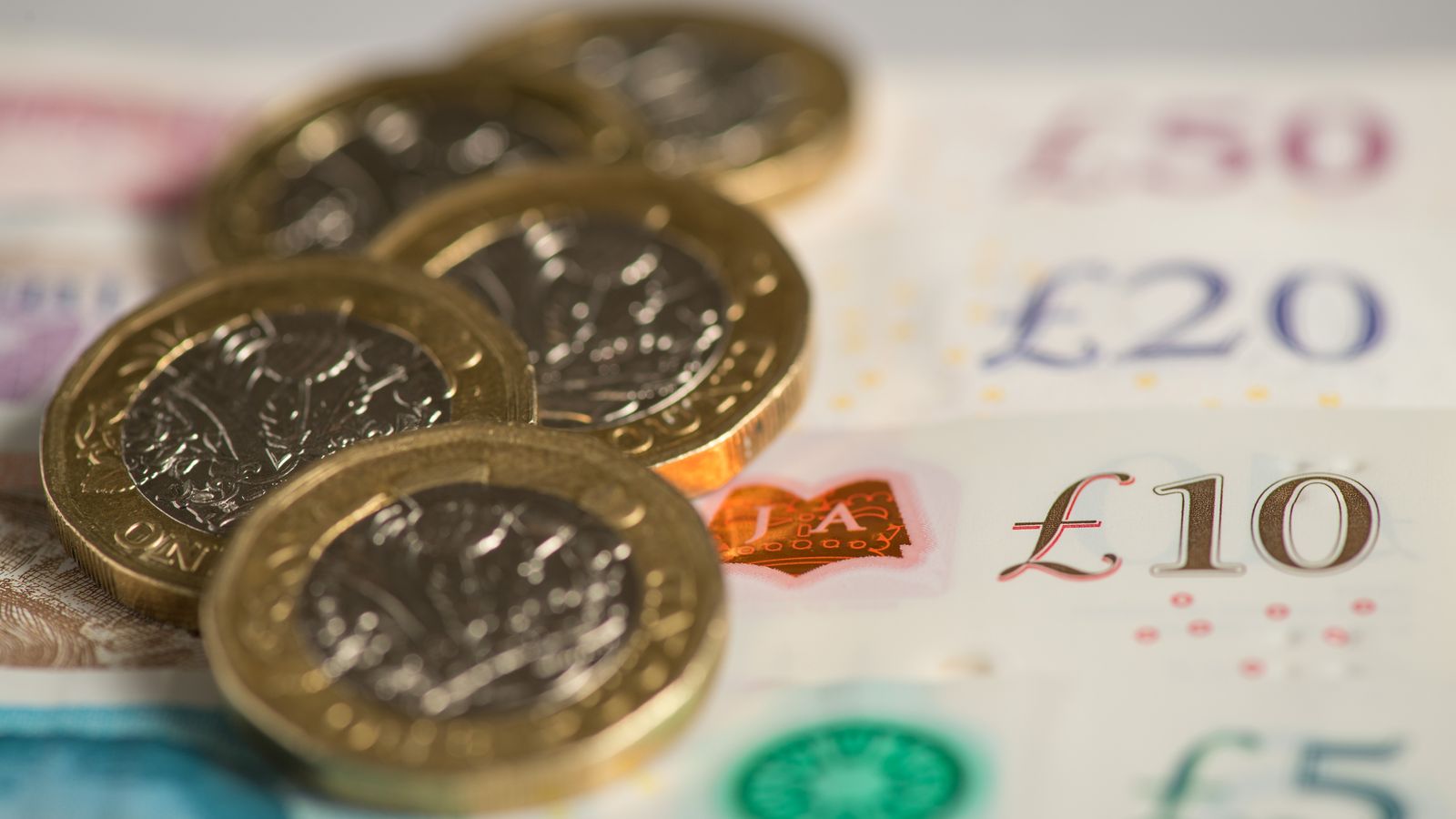The UK economy is no longer in recession, according to official figures.
Gross domestic product (GDP) grew by a better-than-expected 0.6% between January and March, the Office for National Statistics (ONS) said.
Economists in a Reuters poll had predicted the figure would be 0.4%.
A recession, which is defined as two consecutive three-month periods where the economy contracts, was declared in February.
It came after the ONS said that GDP, a major measure of economic growth, shrank 0.3% between October and December. It followed a contraction of 0.1% in the three months from July to September.
The slump was blamed on reduced consumer spending power amid high inflation and energy bills. Months of wet weather also contributed to keeping shoppers at home, commentators said.
While previous recessions have been long-lasting – such as during the global financial crash of 2008 and 2009 – the latest one had been expected to be short-lived.
Chancellor Jeremy Hunt said: “There is no doubt it has been a difficult few years, but today’s growth figures are proof that the economy is returning to full health for the first time since the pandemic.
“We’re growing this year and have the best outlook among European G7 countries over the next six years, with wages growing faster than inflation, energy prices falling and tax cuts worth £900 to the average worker hitting bank accounts.”
The latest figures come after the Bank of England held interest rates at 5.25% on Thursday and issued new forecasts for the UK economy.
The Bank projected that growth would be stronger this year, with unemployment and inflation rates lower than previously expected.
This breaking news story is being updated and more details will be published shortly.
Please refresh the page for the fullest version.
You can receive breaking news alerts on a smartphone or tablet via the Sky News app. You can also follow @SkyNews on X or subscribe to our YouTube channel to keep up with the latest news.
